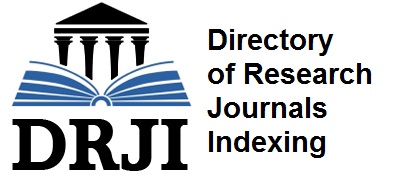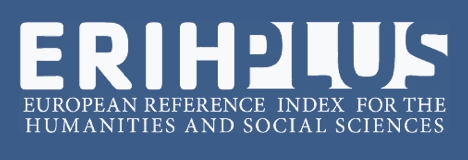El exotismo, las tradiciones y el folclore en la literatura de inmigración en España
The exoticism, traditions and folklore in the literature on migration in Spain
Abstract
Spanish literature has responded to a new social context changed by the massive influx of immigrants, unveiling new voices and views that provide an overview of today society, more mixed and multicultural. To reflect this new reality, contemporary authors introduce several folklores, anthropological and linguistic references in their works about the country of origin of immigrants. In this way, they highlight the enriching factor involved in immigration, while they give an air of exoticism to their texts.
La literatura española responde al contexto social, influido por la masiva llegada de inmigrantes, dando a conocer nuevas voces y miradas que aportan una visión de la sociedad más mestiza y pluricultural. Para reflejar esta nueva realidad, los autores contemporáneos introducen en sus obras numerosas referencias folclóricas, antropológicas y lingüísticas sobre el país de origen del inmigrante. De esta manera, se pone de relieve el factor enriquecedor que conlleva la inmigración, a la vez que se otorga al texto un cierto aire de exotismo.

This work is licensed under a Creative Commons Attribution-NonCommercial 4.0 International License.
Authors who publish with this Journal agree to the following terms:
Authors retain copyright and grant the Journal right of first publication with the work simultaneously licensed under a Creative Commons Attribution-NonCommercial 4.0 International License.
This Journal permits and encourages authors to post items submitted to the Journal on personal websites or institutional repositories both prior to and after publication, while providing bibliographic details that credit, if applicable, its publication in this Journal.

















